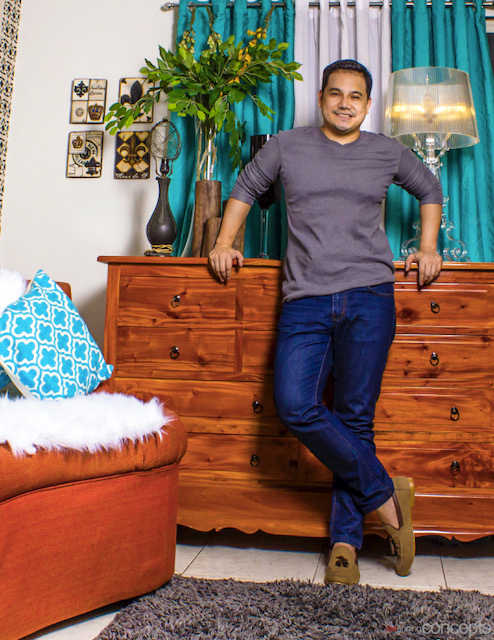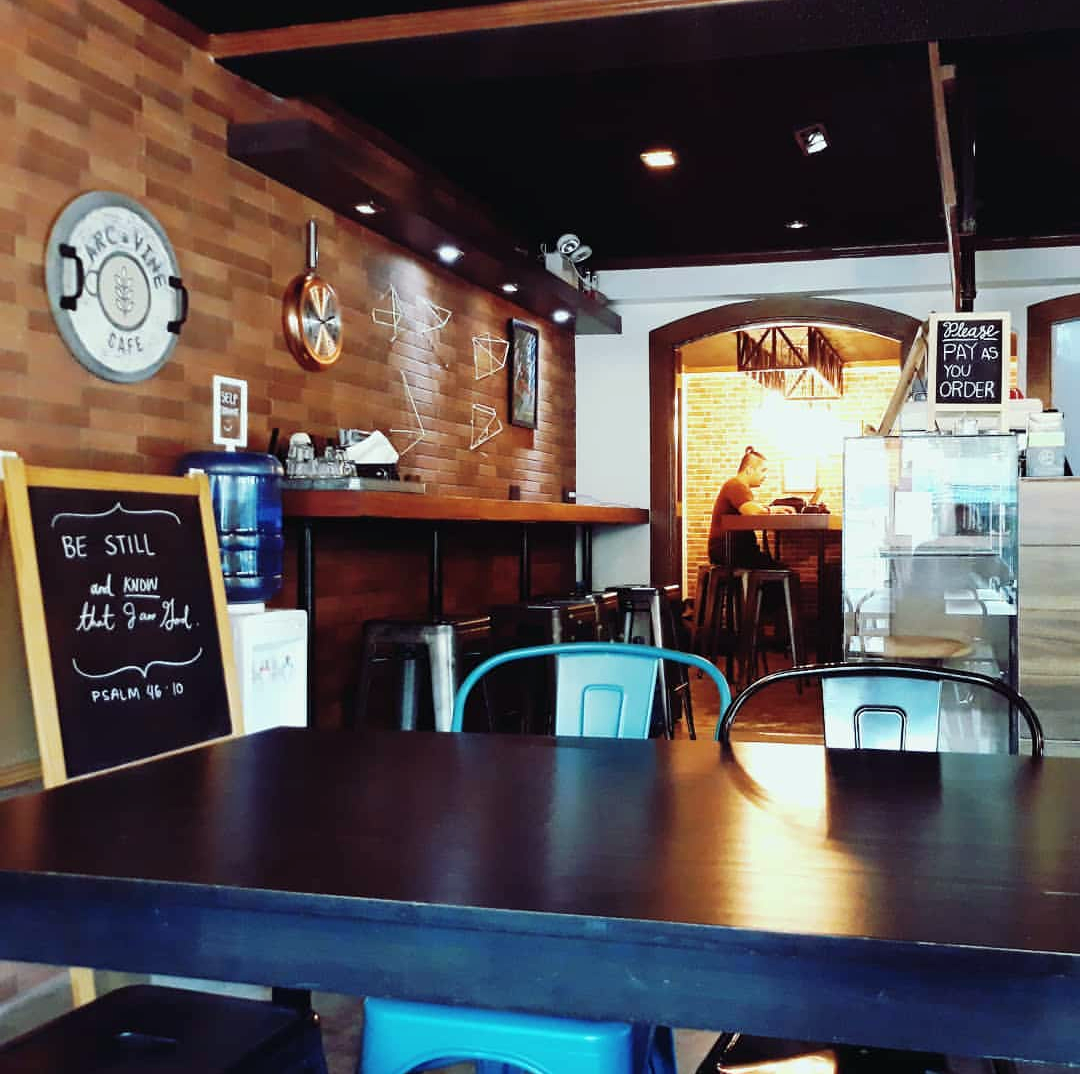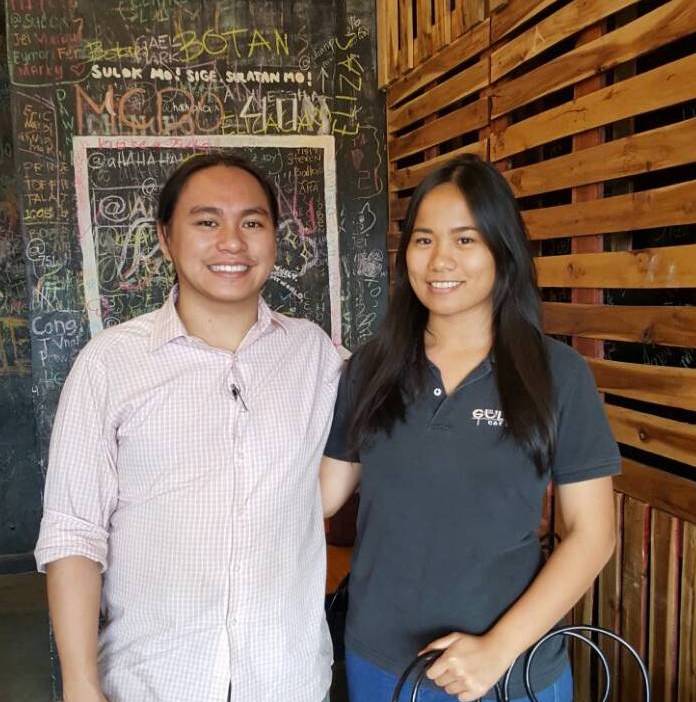And keep it afloat and thriving
It always catches me by surprise.
I would walk down the street to get my tummy filled with some to-die-for grub I have been craving, and with some stroke of bad luck, I would find my favorite corner cafe I just tried a few months ago already shuttered. Disappointed, I would leave the place grumbling: What could possibly go wrong?
Such scenario is typical in the food business sector in the Philippines.
Many young, enthusiastic college graduates (some of whom even finished specialized study in culinary schools) find themselves starting up a food business project, launching new cafes and food parks here and there, only to fold up after a few months or even weeks. As fast as the gentrification of previously unknown districts, such as Maginhawa Street in Quezon City, is the coming and going of food and beverage ventures.
“The chilling fact [about starting an F&B business] is that nine out 10 new food and drink businesses fail,” says an article from The Independent.
Nine out of 10. That’s pretty harsh considering the amount of time, energy, and resources one needs to pool together just to plot a food business on the map. And more often than not, the compelling reason that wipes out food businesses is the mishandling the finance aspect.
We spoke with three food business owners who have successfully passed the “nine out of 10” mark to share the best practices they have learned through the years in managing their food business as well as the finance side of things.
Finance lesson 1: Find the funding vehicle that best suits you
Aside from a coherent concept and a good location with high customer traffic, the proper financial vehicle to fund your F&B venture could help determine the future success (or failure) of your project.
Whether it’s risking your personal savings, applying for a bank loan or looking for potential partners or investors, keep in mind that the means by which you will finance your business must match your status and lifestyle as an entrepreneur.

For Rods Escobar, a digital marketer turned restaurateur who now manages Sulok Cafe in Antipolo City with his partner Andy Wong, what seems to work best is to start with personal savings and invest it wholly on the project.
“We have combined both of our savings in order to set up Sulok Cafe. We were initially gearing up a budget to settle down, but plans have changed when we both decided to pursue a business instead,” says Escobar.
“I chose this over a bank loan because the monthly cost of paying it off would mean sacrificing other operational costs. Having that option (investments from family) also meant I could have an earlier return on investment,” Janina Zamora says.
Lifestyle coach and longtime entrepreneur Rad Pelayo, who worked for a well-known pharmaceutical company and ventured into managing a small chain of laundry shops before setting up online food delivery service Healthy Meals PH, also agrees.
“I didn’t go for loans with banks, financial institutions or with other people because I believe it will not help me decide the direction of my business,” Pelayo explains.
Janina Zamora, the 26-year-old owner and chef of Arc & Vine Cafe in Sta. Cruz, Makati City, noted how her family—her first investors—helped finance her small but well-frequented cafe. “I chose this over a bank loan because the monthly cost of paying it off would mean sacrificing other operational costs. Having that option (investments from family) also meant I could have an earlier return on investment,” Zamora says.
Finance lesson 2: Take your budget plan seriously

No matter how cumbersome it is to plan and stick to your budget, no business will survive without it. It is the roadmap that will determine the financial direction of your business and on it depends a lot of important decision-making.
“During our planning stage, we listed all the possible expenses we have to be prepared for. We need to know how much it would cost us to put up a full-scale restaurant and if it would fit in our budget. Now that Sulok Cafe is operating, we make sure that our daily purchases will be based only on our sales. We don’t overpurchase and overstaff. Setting a budget keeps everything under control and prohibits us from committing financial mistakes,” Escobar explains.
When it comes to dealing with budget and inventory, Escobar also believes in the principle of spending within one’s means.
“We do our best not to overpurchase raw ingredients. It’s always based on the revenue that came in from the previous day. This allows us to take control over the costing of our products and it prevents us from spoilage,” Rods Escobar says.
“We follow the discipline of spending within our limits. For example, we do our best not to overpurchase raw ingredients. It’s always based on the revenue that came in from the previous day. This allows us to take control over the costing of our products and it prevents us from spoilage since we minimize the tendency to overproduce prepared goods,” he adds.
Pelayo also advises to be “extra cautious” in terms of “dealing with raw food materials that have their own shelf life and are perishable” and to take account of “pilferages and spoilages.”
Finance lesson 3: Be hands-on and creative with your cost-cutting approaches
It’s also vital for owners to find ways to minimize operational costs and maximize profit without sacrificing the quality of food and service. For all three entrepreneurs, being hands-on in the daily operations is imperative, especially when it is still in the early months.
“Our first three months of operations are very important to preserve the trust and contentment of our clients. And in six months’ time, we can already determine the possible income. These first months are very important because this is the time when you can get immediate feedback from your customers, when you can spot which works and which are lacking and needs improvement,” says Pelayo.

Zamora adds: “We had a payroll good for six months, which I thought would not be enough. But business started picking up around the second to third month. We are also very hands-on with purchasing raw materials, non-perishables, etc. so we regularly update our price database. We try to look for certain areas we can save in as well—from our air conditioning units (inverters really do save electricity), chillers and freezers (certain brands are more trusted and durable than others), light bulbs (LED bulbs lasts longer and save too), and ingredients (we purchase mostly local produce).”
“To solve this [minimum order suppliers require], we settled for purchasing some of our raw ingredients on retail. Theoretically speaking, this is not ideal. It’s always best to have a supplier for the stuff you need. However, the benefit here is that retail regularly have promos,” says Rods Escobar.
Being creative is also an important skill that restaurateurs must have. Looking for unconventional ways to cut down on expenses and making them work will not only make the venture survive but can also increase profit margin.
Escobar shares their experience in handling supplies and inventories. He confessed that this has always been a challenge for them since they could not accommodate the ideal setup of tying up with a single supplier of goods due to the minimum orders their require.
“To solve this, we settled for purchasing some of our raw ingredients on retail. Theoretically speaking, this is not ideal. It’s always best to have a supplier for the stuff you need. However, the benefit here is that retail regularly have promos. For example, Parmesan cheese bought from a supplier is about P190 to P200 per piece. In retail, it costs about P225. There are times that I get my Parmesan cheese for P115 because of retail promotions and this benefits us in a way,” Escobar explains.
“Another way to solve problems with the minimum order of suppliers is through ‘pasabay’ with other clients. For example, the milk brand that Sulok uses is the same milk brand that our larger competitors use. So we pattern the purchase according to the purchase schedule of our competitor so the logistics of the supplier will be able to accommodate us.”
Finance lesson 4: Expect lean months but never sacrifice quality for profit
“The food industry is not always profitable,” Escobar says. “The restaurant business is not as financially stable as people think it is. It varies per month. There are months when you will be positive, there are also months when you are negative. It is never the same because it is easily affected by economic trends.”
Accepting the possibility of losses and working on the best courses of action when they come are the right attitudes. When lean months come, what shouldn’t change is the quality of food and service, even if it means tip-toeing the red line.
“The restaurant business is not as financially stable as people think it is. It varies per month. There are months when you will be positive, there are also months when you are negative. It is never the same because it is easily affected by economic trends.”
“Our quality of service never changes because of the systems in place that are not related to the finances. Systems function on their own without the aid of money,” notes Escobar.
“I stay proactive, whether on jam-packed or slow days, by checking daily if certain prices went up or down, and update it on an Excel file of our inventory, which also contains a detailed account of our sales and expenses. It may seem and look basic but it is the most vital thing for assuring balance and profit. Through this, I’ll know whether we are on the green. This is also a way of monitoring if there are any spoilages or if an item is not as fast moving as the others, which can vastly weigh in on profit loss,” adds Zamora.
Finance lesson 5: Your lifestyle as an owner matters

In the end, what really separates an F&B venture bound for success from one that will fold up after a few months is the attitude and lifestyle its owners possess in running the business. It’s important to see the business as an extension of yourself.
“Never settle for ‘Okay na yan’ type of food or service especially when you’re just starting out. Always give it your best. Start with yourself and your performance and eventually, your employees will follow suit. Learn to roll with the punches. There will be times when you’ll feel discouraged, tired, and close to quitting but it’s how you’ll grow and be better at your craft,” Zamora advises.
“Spend within your means. This applies not just to your personal finance and spending. This discipline is also important in business and in the way you do your purchasing,” adds Escobar.
“The joy of caring is our business philosophy. Sometimes, I compromise the pleasure of having a good night’s sleep because I see to it that everything is in order with regard to my business,” says Pelayo.













































